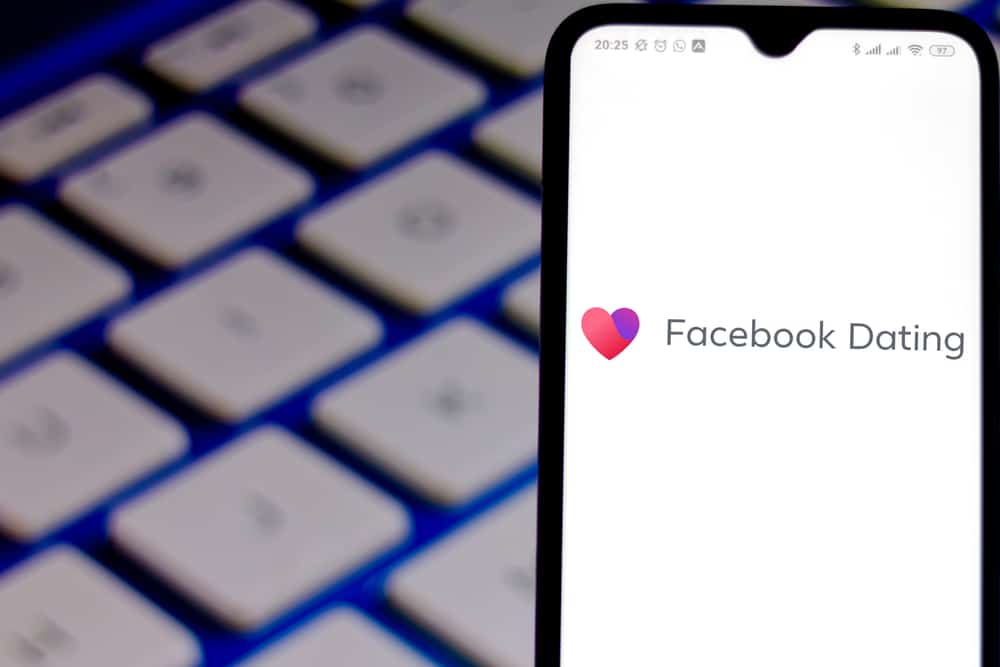How To Clear Your Criminal Record
Michelle Wilson - August 14, 2023

In chaos theory, there is a concept called the “butterfly effect,” which describes the life-altering effects of a seemingly innocuous event. An incident of any kind has the potential to affect one’s future, whether it be mundane or major. Such an idea is applicable to criminal activity. No matter the severity of what was committed, the subsequent consequences can change an individual’s life in several ways. One notable example is its inclusion in a criminal record. Unless it’s not added to the record for one reason or another, this conviction will follow them throughout the rest of their lives.
For many who are trying to make a fresh start, the fact that there are convictions in their criminal record may hinder these efforts. Since criminal records also exist as public data, the mistakes of the past can be a recurring nuisance that will make a person’s life difficult in a variety of ways. In this sense, it may seem hopeless to even think that they can turn their life around. However, depending on the circumstances, it is possible to clear their criminal record. In fact, all that is usually required to wipe a criminal record clean in the United States is a few phone calls or visits to a government office and some available money to spend.
Table of Contents
Expungement & Sealing
In America, there are two methods that a judge or court will typically use to clear a person’s criminal record: expungement or sealing. An expungement will completely erase the arrests and/or convictions from a criminal record, almost as if they never occurred. Additionally, neither a prosecutor nor a court is permitted to view an individual’s expunged record. The act of sealing entails the removal of someone’s criminal record from public view. With that said, it is still available for viewing if access is granted by a court order.
Most states offer some variation of the expungement or sealing process for specific records. Be that as it may, the federal government does not have a consistent procedure for the removal of federal convictions or non-convictions from records. To expunge or seal a criminal record, the individual will typically need to go through a process of filing a petition, appearing in court, and then going for an established waiting period without reoffending. It is important to note that taking these steps costs money, and in some cases, the cost of legal and administrative fees can reach the hundreds. These numbers alone are enough to unfortunately dissuade many eligible people from applying for expungement or sealing.
Determining someone’s eligibility
Whether or not a person’s criminal record can be cleared ultimately depends on their eligibility for receiving the expungement or sealing treatment. Each state has its own set of requirements, which vary based on an assortment of conditions. However, some eligibility factors are more common among the states than others.
These include the fact that the individual must be a first-time offender, it needs to be approximately three years since their arrest or conviction, or there has either been a misdemeanor conviction or no conviction. Other examples include the person needing to have been a juvenile when convicted, they have already served the sentence, the charges were dropped or dismissed, they have gone a whole year following the conviction with no additional offenses, or there were no felony convictions during the five years preceding the arrest.
Filing a petition and attending the court hearing
After determining someone’s eligibility, they need to gather the necessary documents for filing a petition for record expungement or sealing with the court that heard the case. The cost that goes into filling this petition will normally range between $100 and $600. Moreover, some states abide by the rule that, if it has been less than three years since the case’s initial conclusion, the individual must also file a “General Waiver and Release.”
Afterward, the petition will need to be handed over to the court so it can be read. Following this step, the individual might need to make an appearance at a hearing. For example, the state’s attorney could object to the petition and further action like a hearing will be required. The court will base its final decision on what is revealed at the hearing and will be what moves the expungement or sealing forward.
Erase sensitive information that is visible on the Internet
Contrary to what may be believed when the criminal record is finally cleared, the job is not done yet. Another step that is recommended to be taken is making sure that there is no online data that could serve as evidence about previous arrests or convictions. These include police records, mugshots, and anything else that could damage someone’s reputation. While the record may be cleared, the reality is that data broker companies will sell accumulated personal information online to anyone who buys it. This sensitive information could be home addresses, the names of relatives, and even criminal records. Therefore, data brokers could still be in possession of information about past arrests or convictions despite the records being empty.
What offenses are eligible for removal?
For the most part, federal crimes are not eligible for expungement. Furthermore, homicides, sexual crimes, violent offenses, fraud, and DUIs don’t typically fall into the category of crimes that can be expunged.
Those who have committed a drug offense or were arrested/convicted as a juvenile have a better chance of having their record cleared. Drug offenders in certain states are required to go through a diversion program and, upon its completion, they can apply to have their drug crimes expunged. On the other hand, juvenile offenders have a comparatively easier time when it comes to clearing their criminal records. Someone could apply for the procedure after turning 18 if they had no additional problems with the law during the rest of their juvenile years.
How long will the process take?
Generally speaking, there is no concrete timeline for clearing a criminal record. Moreover, it depends on the state. Most will have the individual wait a minimum of three years after their case is over before filing for the expungement or sealing of their record. The details of the case, as well as the legislation of the state, will influence the length of the waiting period. Overall, the expungement or sealing process can last from one month to six.
Conclusion
Clearing a criminal record is essentially a Hail Mary for anyone who wants to wipe the slate clean or even prove their innocence. Through either expungement or sealing, they can break down any barriers that a past conviction could create and start anew. As such, it is important that anyone looking to carry out this process understand the details of its execution.












